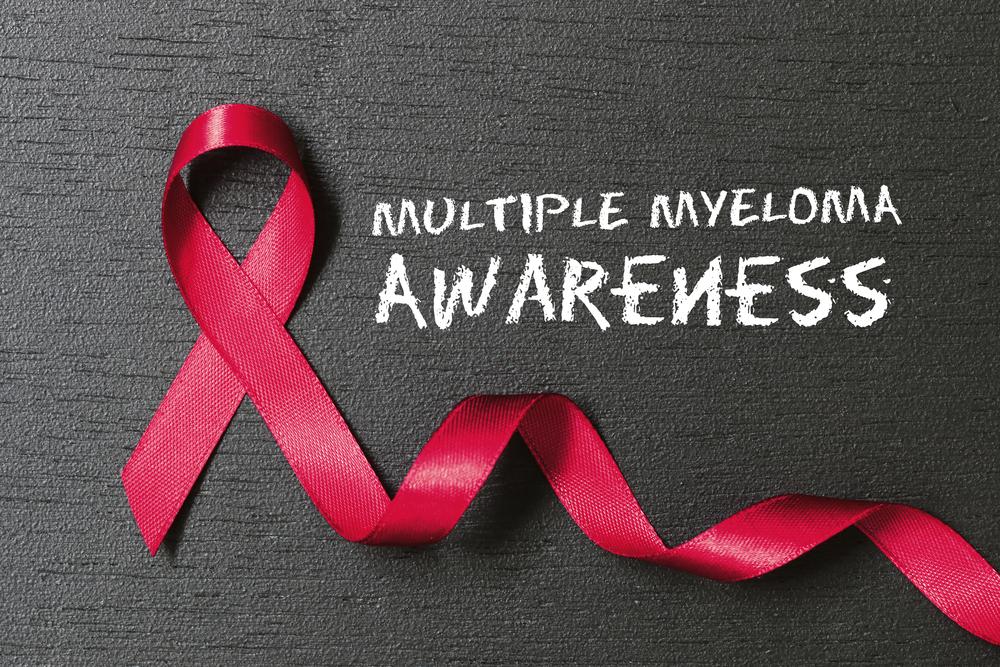Risks of Opioid Misuse on Health and Well-being
This article highlights the significant health risks associated with opioid misuse, including liver, kidney, and respiratory damages, as well as neurological and heart-related dangers. It emphasizes the importance of medical guidance and responsible use to prevent severe health complications.

Risks of Opioid Misuse on Health and Well-being
Misusing pain medications can pose serious health threats. Key dangers include:
Digestive Issues: While normal doses often cause constipation, excessive use can harm the intestines, leading to "narcotic bowel syndrome"—a condition with severe bowel problems, swelling, nausea, and vomiting.
Hepatic Damage: The liver processes medications; overuse of painkillers, especially those with acetaminophen, can overwhelm it, risking liver failure. Drugs like Percocet, Lortab, and Vicodin contain high levels of acetaminophen, which can cause liver injury.
Kidney Damage: Overuse can severely affect the kidneys, potentially necessitating dialysis or transplantation. This is mainly due to elevated acetaminophen levels rather than the opioids itself.
Respiratory Depression: A critical risk is slowed breathing, which can deprive the body of oxygen. Signs include unusual sounds like crackling or high-pitched breathing. Complete slowdown of the heartbeat can lead to cardiac arrest and death. Other dangers include mental decline, overdose, brain injury, seizures, paranoia, and depression.
Important Reminder: This content is for educational purposes only and not a substitute for professional medical advice. Always seek guidance from qualified healthcare providers for diagnosis and treatment. Use this information responsibly and consult experts for health concerns.


